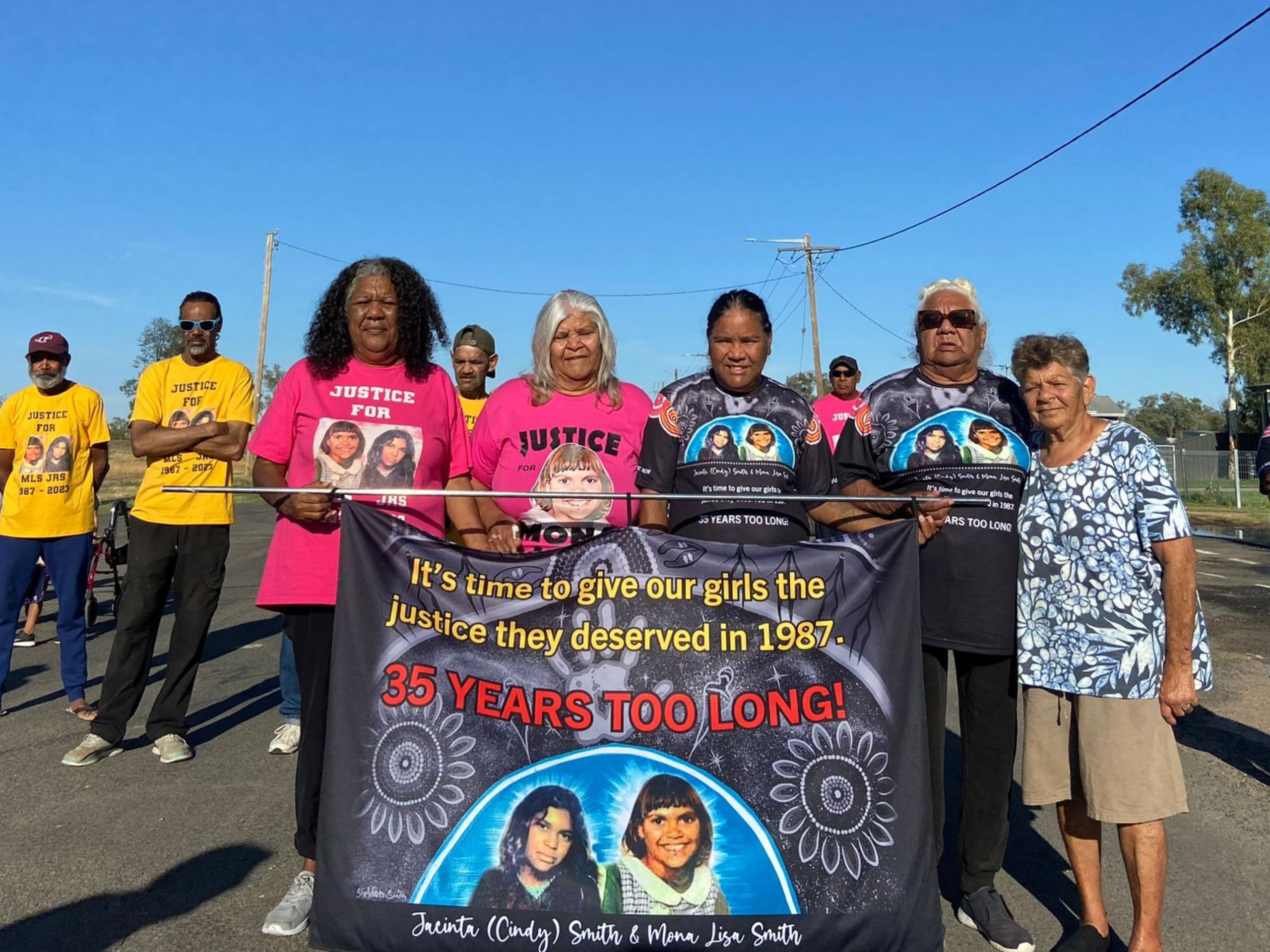WARNING: This story contains detail that may be distressing to some readers, including descriptions of self-harm. If you are experiencing distress and are in need of support, please contact Lifeline on 13 11 14.
“DWD18 had to take the Minister for Home Affairs to court to access medical care” – Anna Talbot
No one should have to ask a judge to get access to medical care when they are at serious, imminent risk of permanent and avoidable complications. However, unfortunately for DWD18 (as the person was known to protect their identity), a refugee child held in detention on Nauru, she had to take the Minister for Home Affairs to court to access essential medical care that four doctors said she urgently needed.
When this child (the applicant) self-harmed and stopped eating or drinking, the Minister for Home Affairs suggested it was merely a severe response to her situation. It was only when the applicant took the Minister to court that she could access the treatment that a team of three psychiatrists and one paediatrician all agreed that she urgently needed. The judge rejected the notion that there was ‘no clear evidence of a depressive illness’ as the Assistant Commissioner had suggested, accepting the doctors’ diagnosis of Major Depressive Disorder and Resignation Syndrome.
– Anna Talbot, Senior Solicitor and Legal Practice Manager
Case name:
DWE18 as litigation representative for DWD18 v Minister for Home Affairs [2018] FCA 1121
Case summary:
On 26 July 2018, the Federal Court of Australia ordered that the Minister of Home Affairs transfer the applicant DWD18 (whose name is suppressed to protect their identity) to a child adolescent facility in Australia. The impetus of this was to ensure that urgent medical care was provided to the applicant which was not available in Nauru.
The facts:
The applicant resided in detention in Nauru with her two older sisters, older brother, mother, aunt and four cousins. Here, the applicant self-harmed by cutting her legs and arms on 9 and 10 July 2018, after which she was taken to the local hospital on Nauru. Thereafter she ceased eating and drinking and was readmitted to hospital on 11 and 14 July 2018 for rehydration. The applicant sought transfer to a place where she could receive urgent medical treatment as outlined by the medical experts. She also sought to be accompanied by her immediate family members.
The legal issues:
Commonwealth View:
His honour Robertson J first examined the evidence of the Commonwealth. The Minister for Home Affairs posited that the urgent transfer of the applicant was unwarranted. The Assistant Commissioner, Detention and Offshore Operations Command for the Australian Border Force noted in an affidavit that there was ‘no clear evidence for a depressive illness [of the applicant] and this seems more likely to be a severe reaction to her situation’. The applicant’s mental state was considered transitory and not a manifestation of a psychiatric condition. Hence, it was not sufficiently serious to warrant her transfer to an external facility.
Further, the Commonwealth alleged that if the applicant were to require psychiatric and psychological services, this could be administered at Nauru Hospital. These services consisted of two child psychiatrists that were employed on a ‘fly in fly out’ basis.
Applicant view:
Medical evidence contained in the affidavit affirmed by National Justice Project Senior Solicitor Anna Talbot disclosed the severity of the applicant’s condition. Three psychiatrists, two of whom had personally assessed the applicant, and one paediatrician provided reports noting that the applicant required medical treatment that was not available on Nauru, including treatment in a child and adolescent facility, psychiatric treatment and various physical tests. Without the treatment recommended, the experts noted that the applicant was at risk of developing severe dehydration, renal failure, malnutrition, pressure sores, pneumonia and contractures. Longer term the risks included organ failure, permanent cardiac and/or neurological damage and long term psychological morbidity.
The applicant was diagnosed with Major Depressive Disorder and Resignation Syndrome (also known as Pervasive Refusal Syndrome). Dr Beth O’Connor, one of the three reporting psychiatrists, further noted that recovery from Resignation Syndrome required the applicant to be in a secure and hopeful environment and that it would be difficult to provide if the family were separated and worrying about other family members.
What was held:
His Honour accepted the submission that the applicant required urgent medical attention to prevent further deterioration of her health, and that she was at serious risk of permanent complications from her current medical situation, which did not appear to be monitored or managed. He granted a mandatory injunction compelling the Minister to transfer her to Australia. He did not accept that it was necessary for all of her family members to accompany her for treatment, and so the injunction only extended to one family member.









